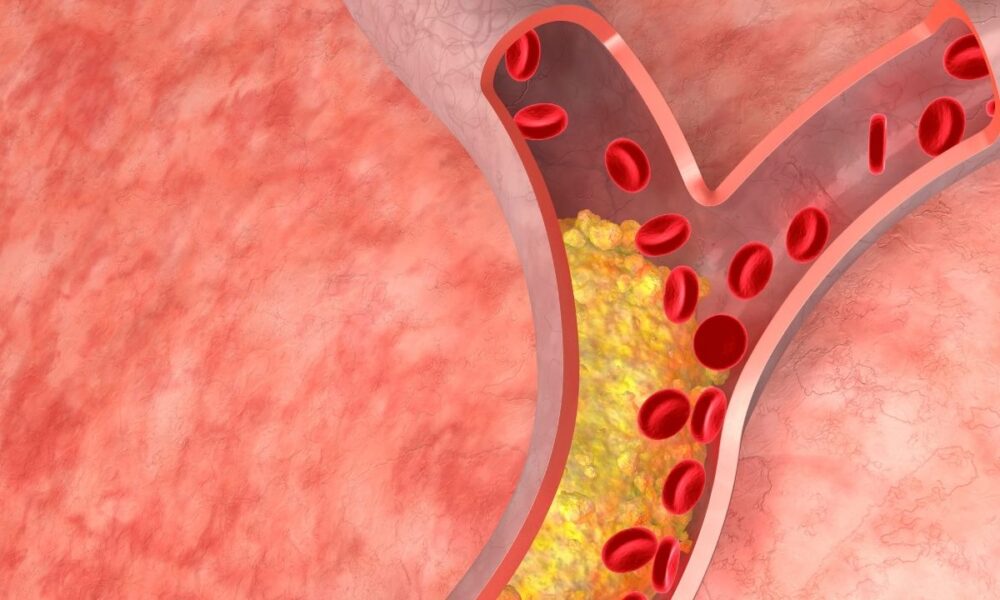Scientists at the University of Texas at Arlington have identified a new enzyme that can help control cholesterol levels.
The enzyme discovered by the researchers can be shut off, effectively helping the body maintain healthy cholesterol levels. The breakthrough development could pave the way for new treatments to help the millions of Americans with elevated cholesterol levels.
Subhrangsu S. Mandal, lead author of a new study and professor of chemistry at UT Arlington, said the team found that by blocking the enzyme IDO1, inflammation within immune cells called macrophages could be controlled.
“Inflammation is linked to so many conditions… By better understanding IDO1 and how to block it, we have the potential to better control inflammation and restore proper cholesterol processing, stopping many of these diseases in their tracks,” said Mandal, per UTA.
While some inflammation is beneficial, when it becomes abnormal due to triggers such as stress or injury, it can damage cells, disrupt normal functions, and even increase the risk of disease.
The researchers found that the enzyme IDO1 is active during inflammation. This produces a substance called kynurenine, which disrupts the macrophages’ ability to process cholesterol effectively.
However, when IDO1 is blocked, macrophages regain their ability to absorb cholesterol.
Moreover, the team found that another enzyme that can drive inflammation, nitric oxide synthases (NOS), worsens the effects of IDO1. Blocking NOS, the team theorizes, could provide another avenue for controlling information-linked cholesterol problems.
“These findings are important because we know too much cholesterol buildup in macrophages can lead to clogged arteries, heart disease and a host of other illnesses,” Mandal said. “Understanding how to prevent the inflammation affecting cholesterol regulation could lead to new treatments for conditions like heart disease, diabetes, cancer and others.”


